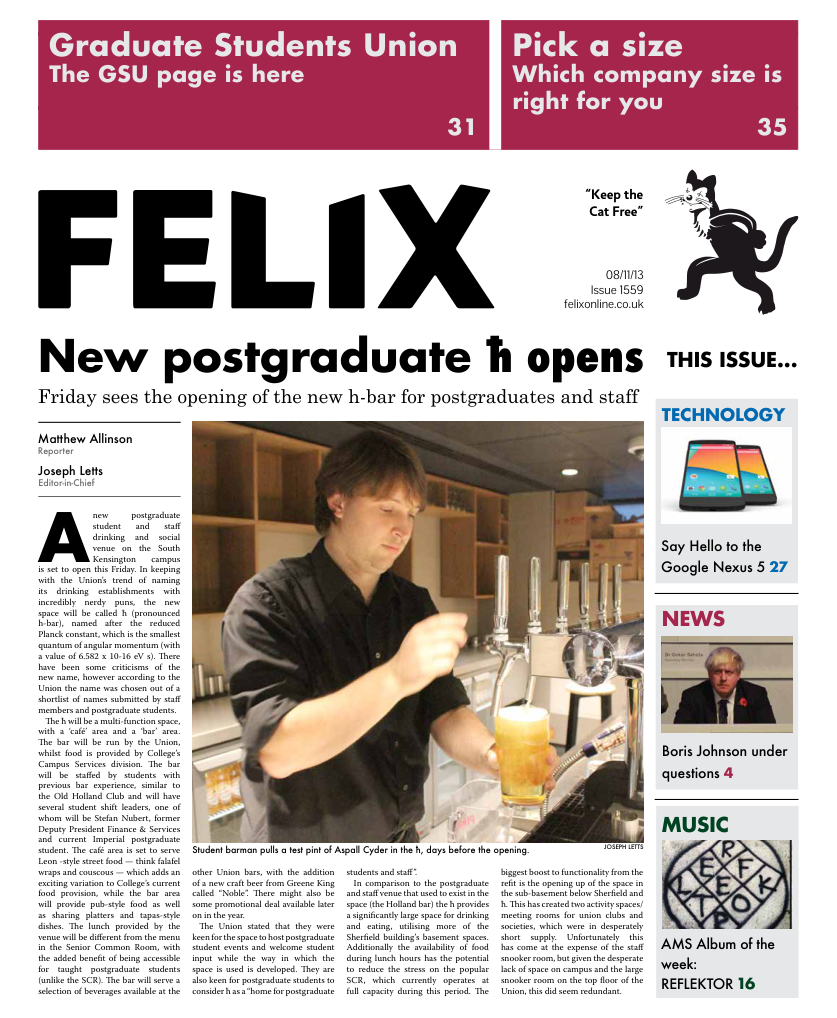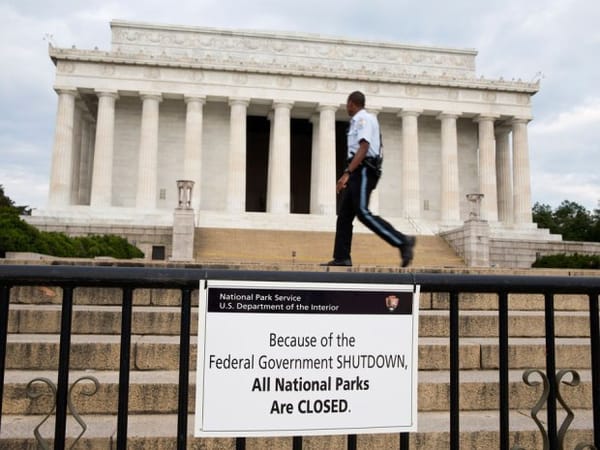The situation in Iraq after the war with US
Kartikeya Rana looks at the situation in Iraq after the war
Ever since the US troops were withdrawn from Iraq in 2011, there has been little international coverage about the situation in Iraq. Iraq is in a state of dysfunctional governance and civil strife. This has caused the present Prime Minister, Nuri Al-Maliki, to ask for military assistance from the US. ON March 7, 2010, the people came out in large numbers to vote in the national legislative election. The credibility of the elections became questionable by the disqualification of 500 candidates by the Supreme National Commission of Accountability and Justice due to their alleged links to the Ba’ath Party, the party to which Saddam Hussein belonged. In November 2010, a coalition formed between all the major political factions, which resulted in a political vacuum. This allowed armed groups to assert themselves in various areas. There is currently a security failure in Iraq. Since there is no interior or defense minister in Iraq, both of these tasks are managed by Al-Maliki. In cities across Iraq where there is a predominant presence of the Sunni minority, Maliki’s troops lead by the Shiite majority has had to withdraw. Whilst in other places the troops have had to face desertion, which may be caused by the forces’ local alliance. Furthermore, the security forces have had to withdraw from key towns in Anbar and from a mainly Sunni area in the neighborhood province of Salheddin. About 500 Iraqis have been killed since April of this year by Sunni insurgents who have been bombing and attacking the Shiite majority. A large number of these insurgents have been infiltrating from neighboring Syria, which is itself facing a severe civil war of its own. A number of these forces are also home grown with their allegiance with Al Qaeda. ISIS (Islamic State of Iraq and Syria) is one of the most active insurgent group in the country. Apart from opposing the Shiite led security groups, these insurgent groups also attack Sunni militias which were previously opposed to Al-Qaeda and were known as the Sahwa, or awakening, supported by the US troops during their operation in 2007. The government forces tend to take refuge in barracks as they are unwilling to conduct patrols on the streets. This unwillingness has resulted in the forces conducting raids and mass arrests of civilians, which has further angered the Sunni minority. Not only is there anger against the heavy handedness of the government forces but also due to the failure of the government to do something for its citizens. The government is dysfunctional and unable to pass important legislation. There is also rampant corruption and a lack of electricity, which further adds to the people’s grievances. Nuri Al-Maliki has now asked the US for military assistance to fight the insurgents. The demands include a request for an apache helicopter and drones amongst other military equipment. Tehran tends to emphasis that Al Qaeda is a common threat to everyone. In return for US support, Al- Maliki offers to negotiate with Iran over cutting down on their nuclear program. Although Tehran and Baghdad have got increasingly close, holding talks with the Iranian government is unlikely to reap any fruitful rewards. Obama is also unlikely to be able to meet all of Al Maliki’s demands for a variety of reasons. Firstly, helicopters and F16 fighter jets are of little use against insurgents. Furthermore, Al-Maliki’s government has not been able to be inclusive of all the minority groups. Many US Senators feel that Al-Maliki should not be supported until he shares power with the Kurdish and Sunni minority groups. If the government does not include minority groups, it will continue to lack support and resultantly the insurgent forces will remain strong. Al-Maliki’s support of Basher Al-Assad is also unlikely to gain him any support from US senators. After years of rule by Saddam Hussein, Iraq is finding increasingly hard to transition to democracy. After the Iraq war, the country lacked resources to rebuild itself as a nation and as a result the divisions between the various groups have grown stronger. Nuri Al-Maliki needs to hold more talks with the various minority groups and show that he is more inclusive before he asks for aid from foreign nations. It will be interesting to see how the situation plays out.






